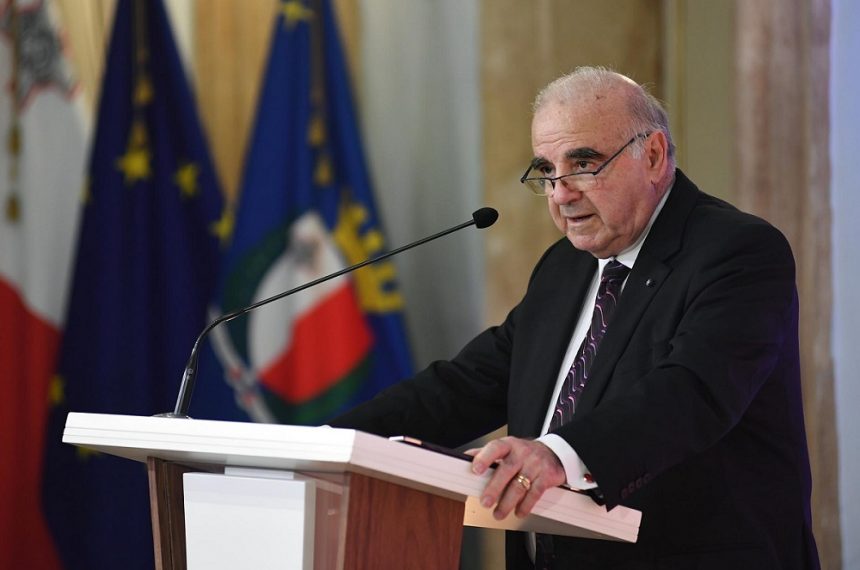The selection of Malta’s President has historically been a parliamentary decision, requiring only a simple majority to support the nomination put forward by the Prime Minister. Put simply, the party in government could choose whoever it deemed appropriate with little input required from the opposition.
However, significant changes were introduced in 2020, altering the procedure. According to Article 48 (1) of the Constitution, the President of Malta is now required to be appointed by a resolution supported by at least two-thirds of all members of the House of Representatives.
If this two-thirds support is not achieved, the incumbent President, in this case, George Vella, shall remain in office until the resolution garners the necessary votes.
In June 2020, the cabinet approved a proposal of a number of institutional reforms suggested by the Venice Commission, aimed at strengthening the country’s democratic structures. One of these proposals was the requirement of two-thirds majority to elect the President. This was previously suggested by the Nationalist Party prior to George Vella’s election, but was turned down.
This constitutional amendment, however, was not approved by parliament, as the opposition disagreed with an anti-deadlock mechanism being proposed. The mechanism would have allowed a President to be elected by a simple parliamentary majority, if the two-thirds majority is not obtained after two attempts.
A month later, a unanimous agreement was reached, as the fail mechanism was ditched. In case of a deadlock, the incumbent would remain in office until a successor garnered enough votes.
The necessity of consensus between the government and the opposition for the appointment of the President has the potential to turn the presidential selection into a complex political negotiation. This wouldn’t have been the case in 2019, as George Vella was supported by both major parties, and therefore, more than two-thirds of Parliament.
As President George Vella’s term is set to end in April 2024, there remains uncertainty about reaching an agreement on his successor. Reports suggest that no discussions have started between the two parties as to the potential successor.
Given the requirement for a two-thirds majority, the risk of an impasse is significant. President Vella himself has expressed concerns about such a deadlock, hoping to avoid a situation similar to the prolonged appointment process for the new ombudsman. If an agreement on the new President is not reached, President Vella has the option to either continue his term until an agreement is found, or leave office, in which case, an Acting President would be appointed.
The role of the President in Malta is predominantly ceremonial. However, the approach of the two main political parties in the upcoming process of selecting a new Presidential will be a revealing indicator of their political maturity.

Leave a Reply